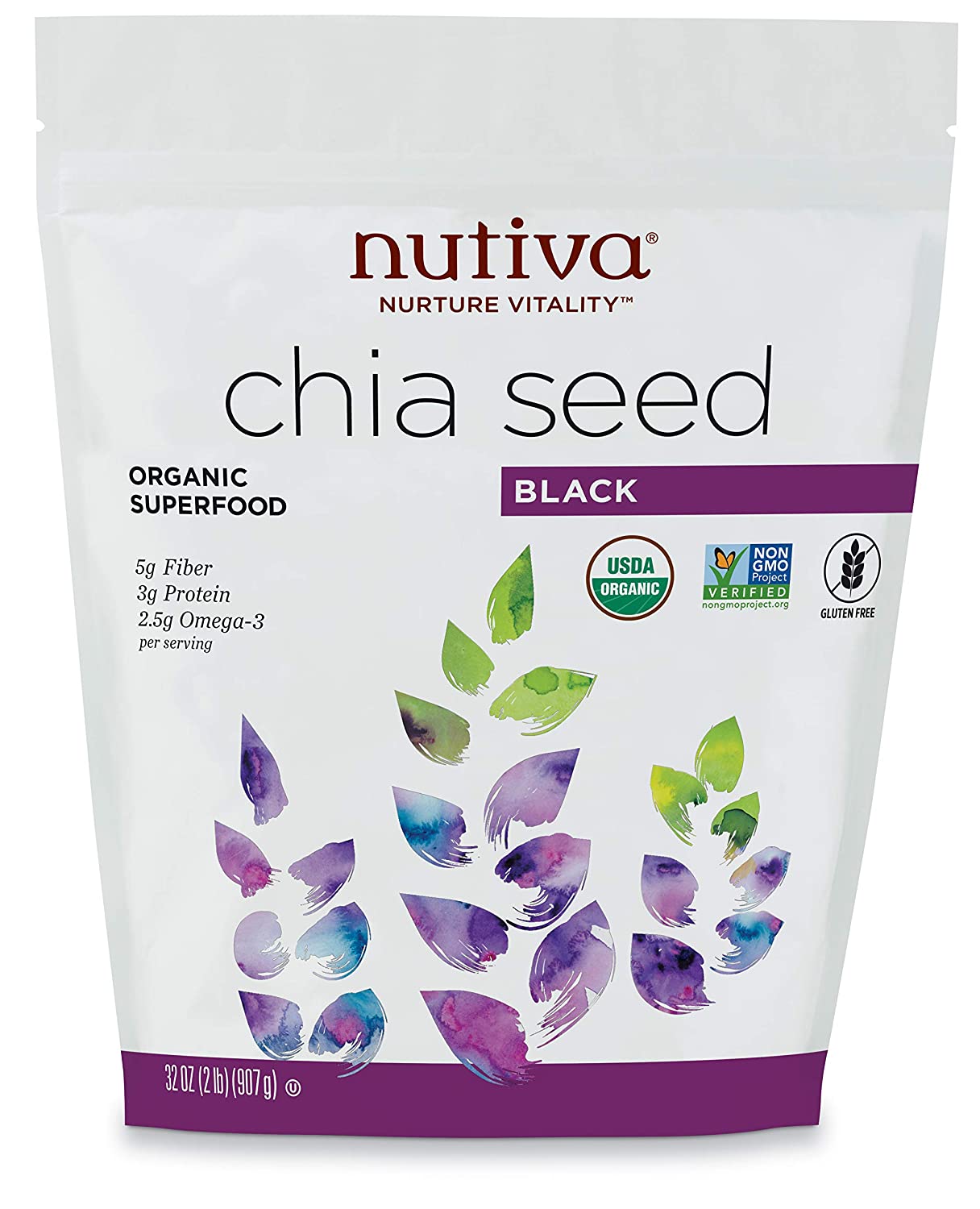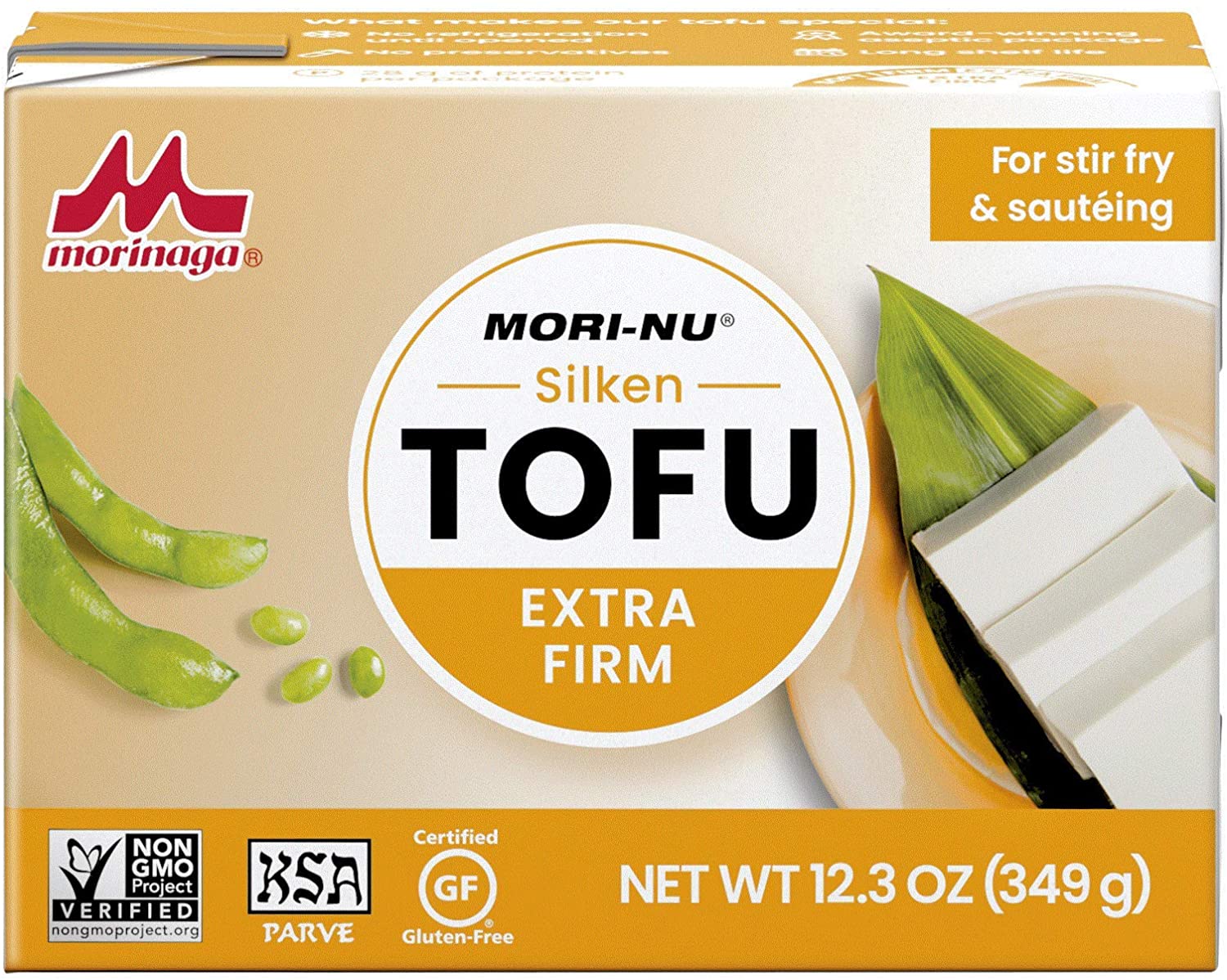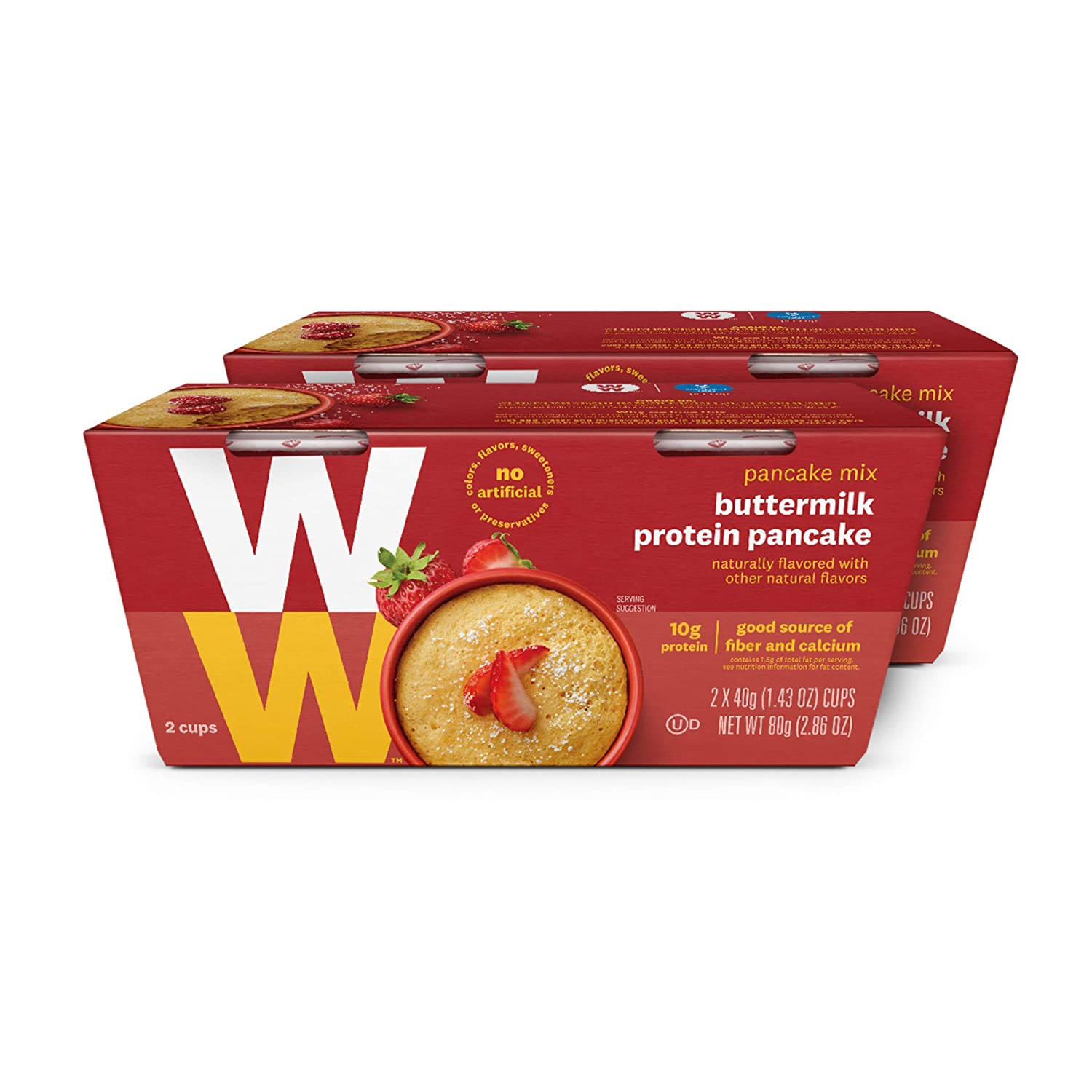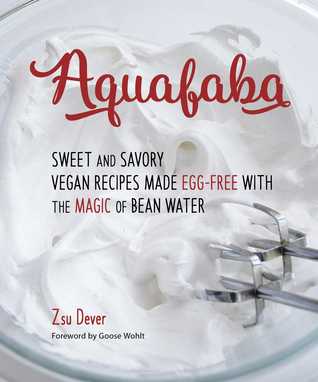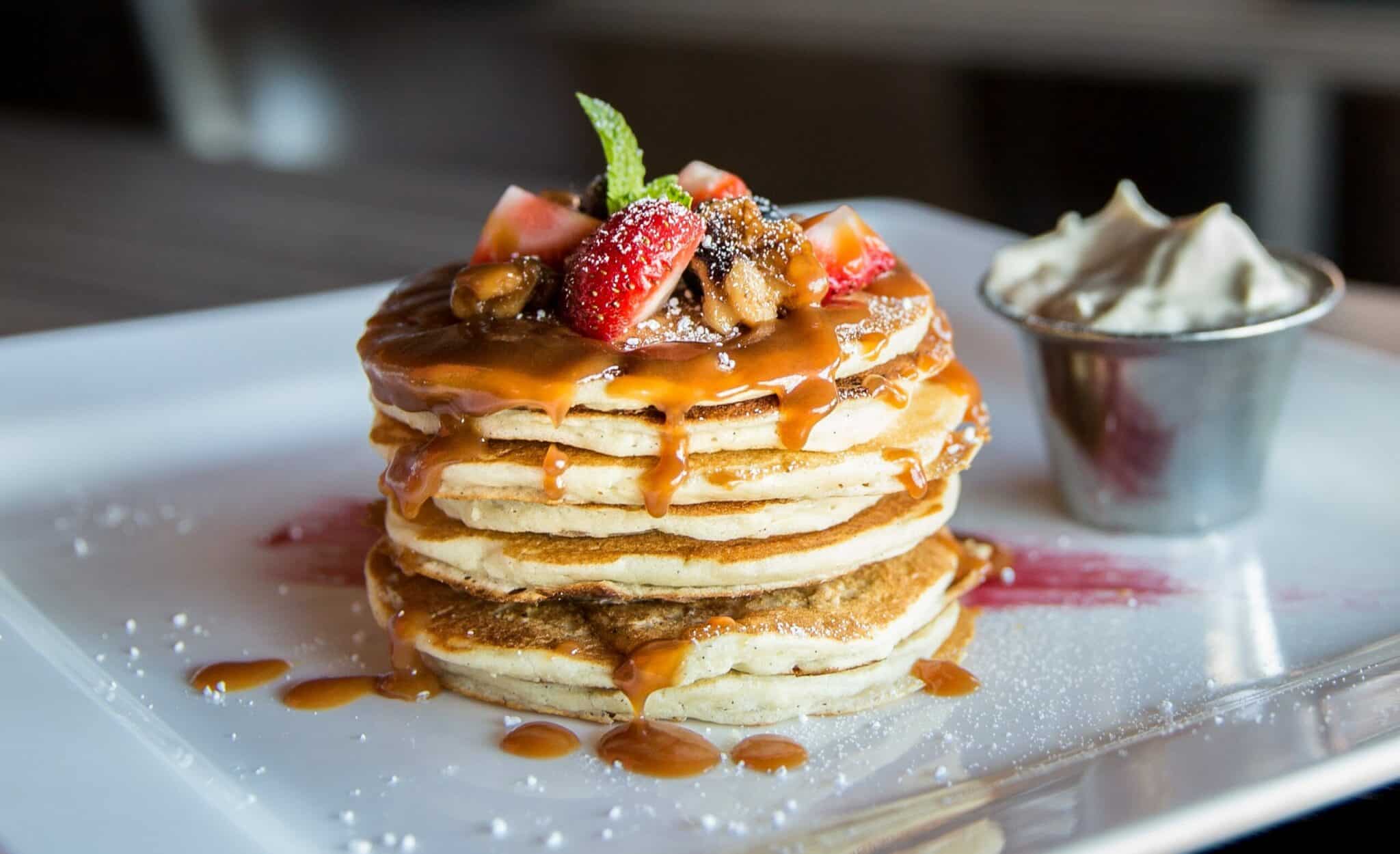The chicken was probably domestic for its eggs before 7500BCE. The chickens arrived in Greece around 800BCE, where the quail had been the primary source of egg. The word “egg” tracks its name back to an Indo-European origin related to the words ‘bird’. The Old English term was ‘oeg’; it survived in Middle English as ‘ey.’ But, in the 14th century, the related name ‘egg’ was borrowed from the Old Norse.
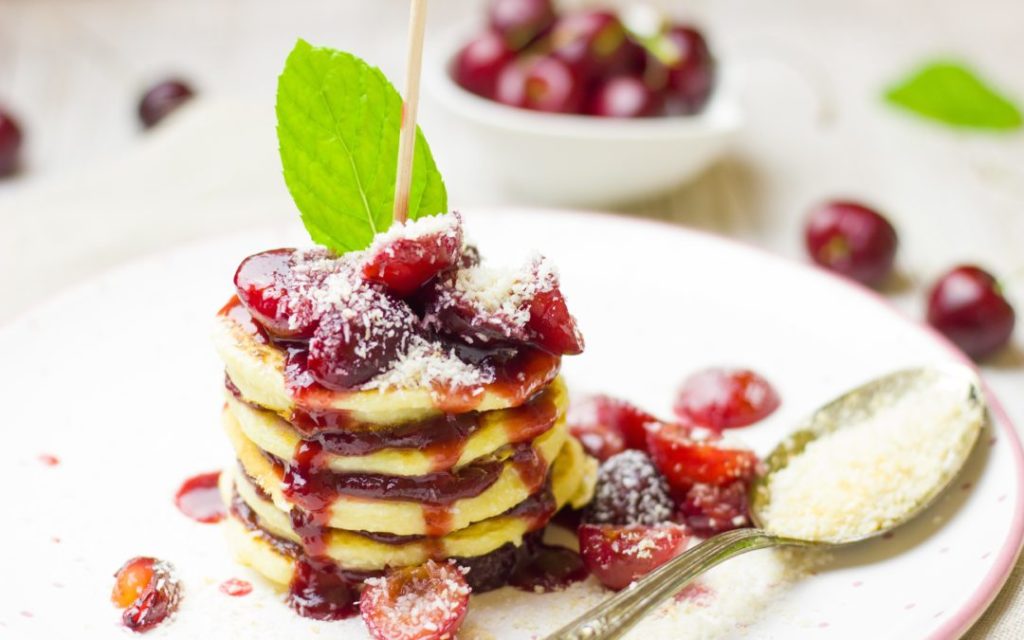 The taste of fresh eggs has a mild flavor. The egg white tastes are bland with a dash of sulphury note. However, the egg yolk has a rich buttery taste. The texture of an eggshell is usually bumpy and grainy. An eggshell is made up of calcium carbonate crystals. It is a semi-permeable membrane, meaning air and moisture can pass through its pores. It has about 17,000 tiny pores. The egg white, a colorless part of an egg, is vicious in texture in the raw state. If an egg white is subjected to friction, either by beating or whipping it, it rises and constitutes four times its original volume. The egg yolk in its raw form has a buttery quality.
The taste of fresh eggs has a mild flavor. The egg white tastes are bland with a dash of sulphury note. However, the egg yolk has a rich buttery taste. The texture of an eggshell is usually bumpy and grainy. An eggshell is made up of calcium carbonate crystals. It is a semi-permeable membrane, meaning air and moisture can pass through its pores. It has about 17,000 tiny pores. The egg white, a colorless part of an egg, is vicious in texture in the raw state. If an egg white is subjected to friction, either by beating or whipping it, it rises and constitutes four times its original volume. The egg yolk in its raw form has a buttery quality.
Eggs have an excellent protein source, relatively easy to obtain, and can be used to prepare different recipes. It also fits the bill for meatless fasting days based on some religion. Also, eggs have been the object of much socio-religious symbolism and tradition. Culinary evidence confirms bread and cakes using eggs were made by Ancient Egyptian and Roman people. The reason was that the egg best works as a binding agent. This discovery was made based on a trial and error method. Eggs serve different purposes in baking. It contributes to the structure, color, flavor, and consistency of the baked goods.
Eggs in pancakes nutrition facts :
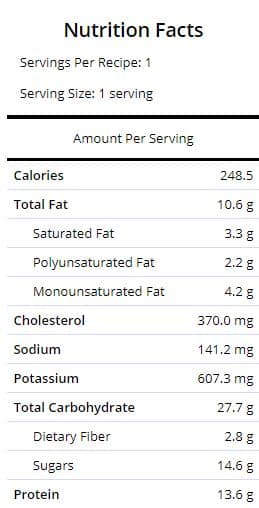
The various uses of eggs when baking
Due to their properties, eggs can be used as;
- As a binding agent
Eggs help to combine and hold food together. It gives food a solid structure, thus preventing the disintegration of other ingredients used in food preparation.
- As a leavening agent
Eggs trap little air spaces in food, causing them to expand during heating. This helps food to puff-up or rise, increasing its volume with a light, airy texture.
- As a moisturizing agent
The ingredients absorb the water content in eggs in the food recipe; this helps add moisture to the finished product.
- For flavor and appearance
Eggs help carry the flavor of other ingredients in the food. It also improves the taste of baked goods and contributes to their golden brown formation.
- Substitute for eggs in pancakes
Eggs in pancakes serve as a binding agent. Eggs bind the other ingredients in a pancake recipe to hold the elements together during frying.
Substitute for eggs
Eggs can be replaced with some substitutes. Sometimes, the targeted consumer may be allergic to eggs, and some may be vegans. In such a case, an egg substitute will be used during the preparation of the recipe. This substitute includes;
Ground flaxseeds or Chia seeds
This is a replacement for the egg that is high in omega-3 fatty acids, fiber, and some plant compounds. These seeds are highly nutritious. To replace one egg, whisk one tablespoon (7 grams) of ground Chia seeds or flaxseeds with three tablespoons (45 grams) of water until fully absorbed and thickened. This substitute can work best in food like pancakes, muffins, waffles, and cookies.
Silken tofu
Tofu is condensed soy milk that has been processed and pressed into concrete blocks. The texture of tofu depends on the addition of water to make a mixture. One egg can be replaced with one-fourth cup (about 60 grams) of pureéd, silken tofu. Although tofu is relatively flavorless, it can make a product dense and heavy.
Yogurt or buttermilk
These are another substitute for eggs. It’s advisable to use plain yogurt, not sweetened yogurt, to alter the recipe’s flavor. One-fourth cup ( about 60 grams) of buttermilk or yogurt can be used to replace one egg while baking. This substitution can be used in the preparation of muffins, cakes, and cupcakes.
Aquafaba
This is the liquid leftover from cooked beans or legumes. It is found in canned chickpeas or beans. A 3 tablespoon of aquafaba (45 grams) can be used to replace one egg.
Substitute eggs in cakes
Most cakes rely on eggs to give them a fluffy and spongy texture and bind the cake mix. Some other substitutes for eggs in cakes are mashed bananas, yogurt with silken tofu.
Substitute for eggs in cookies
Eggs act as a binder and form the structure of the cookies. Without eggs, cookies will be dense and chewy. Thus, eggs can be replaced with applesauce, flaxseeds with little water, buttermilk to maintain the batter’s stability.
Substitute for eggs in meatloaf
Eggs can be used to hold the loaves together. But, in the absence of eggs, olive oil, flour, and oatmeal, breadcrumbs or mayonnaise can be used.
https://youtu.be/eqKdXcPlOo0
Frequently asked questions
Can I use oil instead of eggs in pancakes?
Yes, you can. Use two tablespoons of vegetable oil mixed with a half teaspoon of cornstarch to replace one egg. The batter will come out perfect.
What happens if I Don’t put eggs in pancakes?
The pancakes won’t come out fluffy. The batter will not be evenly mixed because there would be a disintegration of the ingredients.
What does an egg do in pancakes?
Pancakes rely on eggs to provide the additional structure necessary to hold the bubbles and allow them to rise.
Conclusion
I hope this article was insightful enough to teach you about selecting a substitute for eggs when preparing different recipes. Have a fun-filled baking session!
